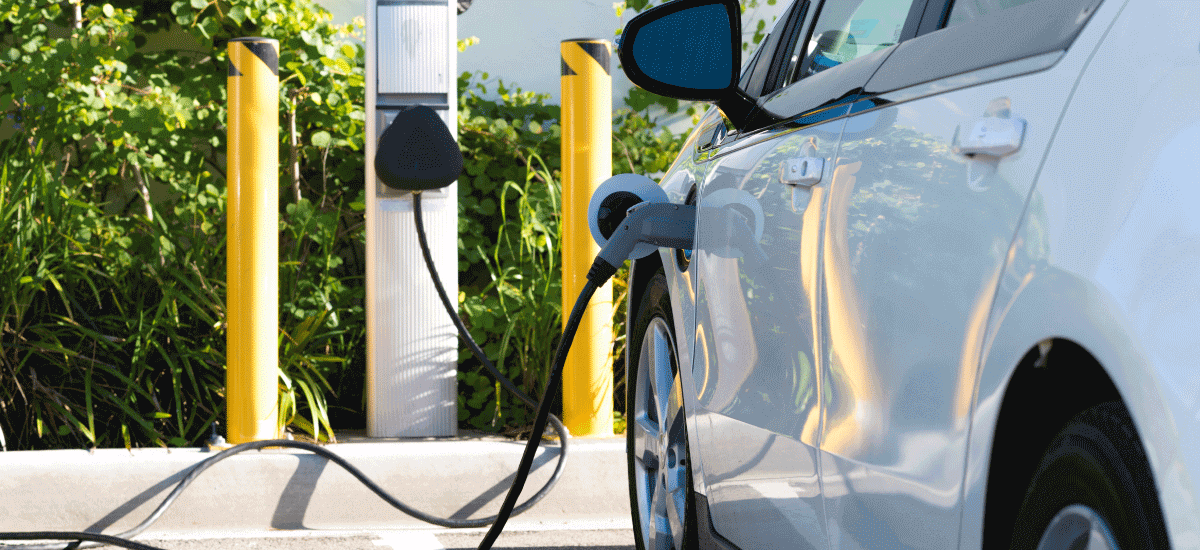Comparing Electric Vehicle Insurance Policies

Electric car insurance is a legal agreement between the insurer and an electric vehicle owner. It protects the owner of an electric vehicle from any unexpected incident that could cause damage. Because third-party EV insurance is required, it is advisable to purchase comprehensive electric bike insurance for broader coverage.
The advantages of purchasing electric car insurance
You are already helping to reduce pollution, but protecting yourself from unforeseen loss or damage is also essential. Some of the advantages of purchasing an EV insurance policy for your electric four-wheeler are as follows:
- Financial security:
Purchasing an electric car insurance policy can provide financial security because the insurer would pay for any loss or damage to the car on your behalf.
- Coverage enhanced:
While third-party insurance is required, the car owner is responsible for purchasing a comprehensive insurance policy. To get wiser coverage, it is recommended that the car owner purchases a comprehensive insurance plan.
- Damage recovery:
With electric vehicle insurance, you can have your car repaired faster than usual. As there are times when you cannot afford the repair costs, in such instances the insurance policy comes in and saves the day.
- Peace of mind:
Purchasing an electric car policy provides peace of mind because you would not have to worry about unforeseen expenses that may arise due to any unfortunate instances.
Electric car insurance coverage inclusions –
- Road accidents:
The insurer shall provide coverage for loss or damage resulting from a car accident.
- Replacement & repairing:
The insurer would cover the cost of replacing and repairing the damaged part of the electric vehicle on your behalf.
- Car theft:
If a car is stolen, the insurer would provide coverage under the total loss clause of the ev policy india.
- Fire:
If the car is damaged in a fire, the insurer can cover the cost of repairing it. However, if the vehicle is damaged by more than 70%, the insurer shall pay for it under the EV car insurance plan’s total loss clause.
- Natural calamity:
The insurer would cover the loss or damage to the car caused by natural calamities such as floods, typhoons, earthquakes, etc.
- Personal accident coverage:
In addition to the comprehensive insurance plan, personal accident coverage is required. It can cover medical expenses up to Rs. 15 lakhs for the policyholder.
- Third-party liability:
The Motor Vehicle Act of 1988 requires the purchase of a third-party insurance policy. A third-party insurance policy covers third-party liability resulting from a car accident.
Electric car insurance coverage exclusions:
- Own damage:
If you do not have comprehensive electric bike insurance, you would not be covered for damage to your electric vehicle.
*
- Drink and drive:
If the driver were found driving while intoxicated at the time of the accident that caused the damage, the insurer would refuse to provide coverage.
- Driving without a license:
If the driver was driving the car without a licence at the time of the accident, the insurer would not cover the loss or damage.
- Consequential damage:
Any loss or damage to the car that did not occur due to a direct collision with another vehicle or object while driving, may not be covered by the company.
- Intentional negligence:
When your car is damaged, and you intentionally ignore the damage for some time, the damage worsens. Now, if you decide to get it fixed and expect the insurer to cover it, the insurer would not cover it, and you may have to pay for the repairs or replacement yourself.
- Insurance policy renewal:
It is critical to renew your insurance policy on time. If the insurance policy expires, the insurer would no longer provide coverage.
* Standard T&C Apply
Insurance is the subject matter of solicitation. For more details on benefits, exclusions, limitations, terms, and conditions, please read the sales brochure/policy wording carefully before concluding a sale.


.jpeg?width=682&height=455&name=AdobeStock_295048993%20(1).jpeg)


